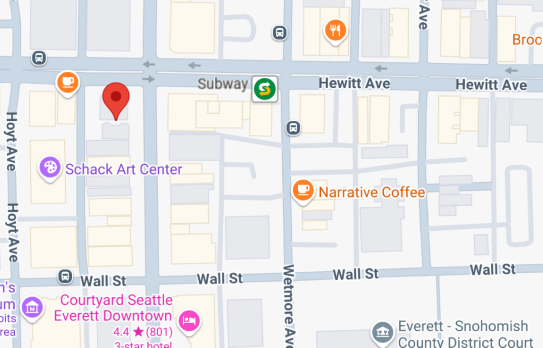The Power of a Living Trust

A Living Trust (or an Inter Vivos Trust) is a trust instrument that allows you to put your assets into the trust while you are still living. Most of the time, these trusts are creating as a “revocable trust” which allows you to put property in and take it out later. It also allows you to make changes to your directives after it is created. This way, if you want to change the beneficiaries of your estate down the road a few years, you are not locked it. Many people like the convenience and flexibility that a revocable living trust offers.
Reasons for Using a Living Trust
Probate is Expensive
One of the major reasons that people will hold assets in a living trust is to avoid probate after you die. The probate process is long and can be expensive. People prefer to set their affairs up in advance so there is no probate, thereby alleviating your family from the complications and expense that the probate might bring to the family. While probate is not as expensive as you might think (at least in Washington), it is a complicated and lengthy process.
Probate lacks Privacy
Others count the privacy of a living trust as the greatest aspect of the living trust. If you put all or most of your assets in the trust, then those assets do not have to pass through probate when you die. Probate is a court proceeding and as such, it is public. Documents (such as wills, and asset inventories that are filed) are public information. People generally prefer the public not be able to see how much money or to whom certain assets will pass after you are gone. This protects the family from people knowing that certain family members or friends are now wealthy as a result of your generosity.
A Living Trust Allows Control
A trust also allows the person that creates it to control how the assets within the trust are distributed. It allows for parents to control when their children or grandchildren get the money or the property that you have earmarked for them. Most people prefer to give money or assets to others when they are ready to accept the responsibility of it. Almost every parent that I have ever talked to about it would not want an eighteen year-old to come into an inheritance of tens or hundreds of thousands of dollars without any oversight. That’s what happens with a will. A trust allows the creator to place rules or “strings” on the conditions that need to be met before the young adult receives any money.
If this all sounds good to you, schedule an appointment with Westward LAW to strategize how an estate plan might be crafted to achieve your goals.



